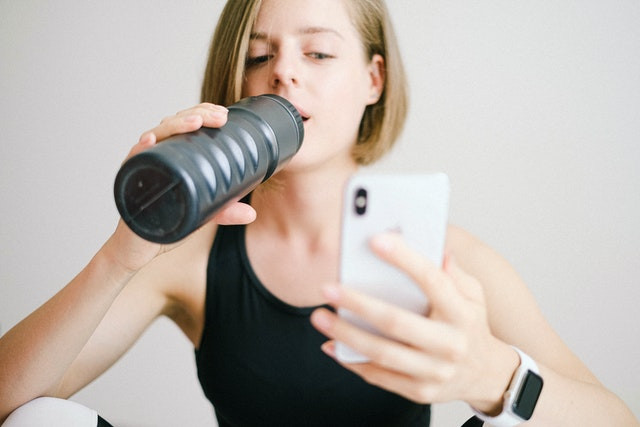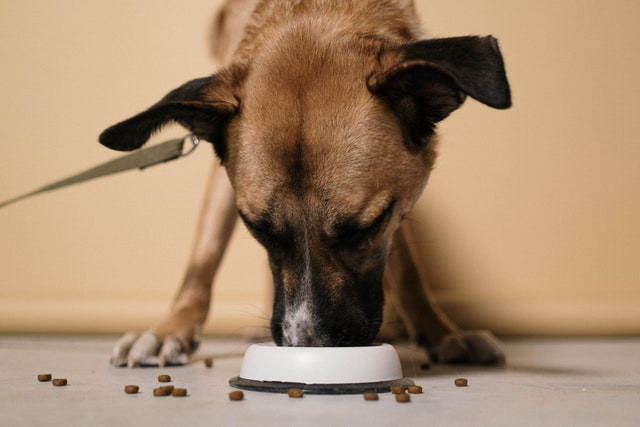
Every MiiR product is designed in-house and emphasizes four design principles: minimal, sustainable, functional and enduring.
Our Commitments
MiiR is committed to giving more and taking less. We recognize human-caused environmental degradation is a threat not only to healthy markets and healthy businesses, but most importantly to our quality of life. As a result, we’re on a mission to fundamentally change how business operates – from sourcing to design to the wellbeing of our people.
Being a consumer goods company, we have an inherent impact on the planet. As we seek to better understand our impact and identify ways we can improve, we will maintain an emphasis on continuous learning and evolution of process. We will lead by example and ultimately give more than we take, focusing on progress over perfection.
Collections

Hydration

Coffee

Bar & Food

Pets
Measure & Reduce
We commit to measuring and reducing our emissions to achieve Net Zero by 2030.
Minimize Impact
We commit to minimizing the impact of materials, manufacturing, and distribution.
Maximize Product Lifespan
We commit to maximizing product lifespans, reusability, and circularity.
Product
In alignment with our goal to give more and take less we’ve formulated a Designed for Sustainability Standard that focuses on four key areas:
Durability
We engineer our products to meet the demands of everyday life.
Replaceability
If a component breaks down, replacements are available to extend the product life.
Recyclability
We design our products with materials that can be placed in blue bins or commercially recycled.
Circularity
Where possible take back misprinted, damaged, or well-loved products and use them as raw material feedstock for alternative manufacturing.
Packaging
Our packaging uses FSC Certified materials and all of our inners and outers are 90% post-consumer recycled cardboard. Every Kraft hang-tag, product backer card, and box is sustainable and recyclable.
We’ve joined PrAna’s Responsible Packaging Movement and are committing to eliminate single-use plastic and virgin forest fiber from our packaging, as well as excess packaging waste in our supply chain. We’re inviting fellow brands and our community to adopt goals and join us in our journey to #ReshapePackaging
Manufacturing & Distribution
MiiR is only as good as the team we surround ourselves with which includes our factory partners. We’re fortunate to work with some of the most advanced factories in the world. Their strength is not only in manufacturing but also how they carry high standards into their environmental footprint and fair labor policies.
Fair Labor
A baseline requirement to be a MiiR supplier is to prove compliance with the Business Social Compliance Initiative (BSCI). This is accomplished through a third party audit which is carried out on an annual basis. Each audit is followed up by a corrective action plan which is monitored by our MiiR China team.
Environmental Footprint
We prioritize partnership with suppliers who invest in environmentally responsible practices. Our factories excel at waste reduction, water purification, and energy efficiency, and we work in partnership with them to reduce our footprint. Currently, all of our factories are finding ways to upcycle, recycle, or reuse materials that were historically known as waste. Additionally, on-site water purification systems allow for water used in manufacturing to be reused multiple times, and cleaned before reentering the gray water stream. As we work to adopt more renewable energy sources, we are proud to share that 75% of our factories use solar power for production, on-site parking or lighting.
Distribution
In 2019, we opened a logistics hub in Asia to more rapidly serve our customers in that region while also drastically cutting down our carbon emissions by eliminating the freight required to ship all products from the US. Additionally, we've accomplished our goal of reducing air freight to less than 10% of all overseas shipments, and are making progress towards driving that percentage down even further - cutting back on our highest emitting mode of transportation.